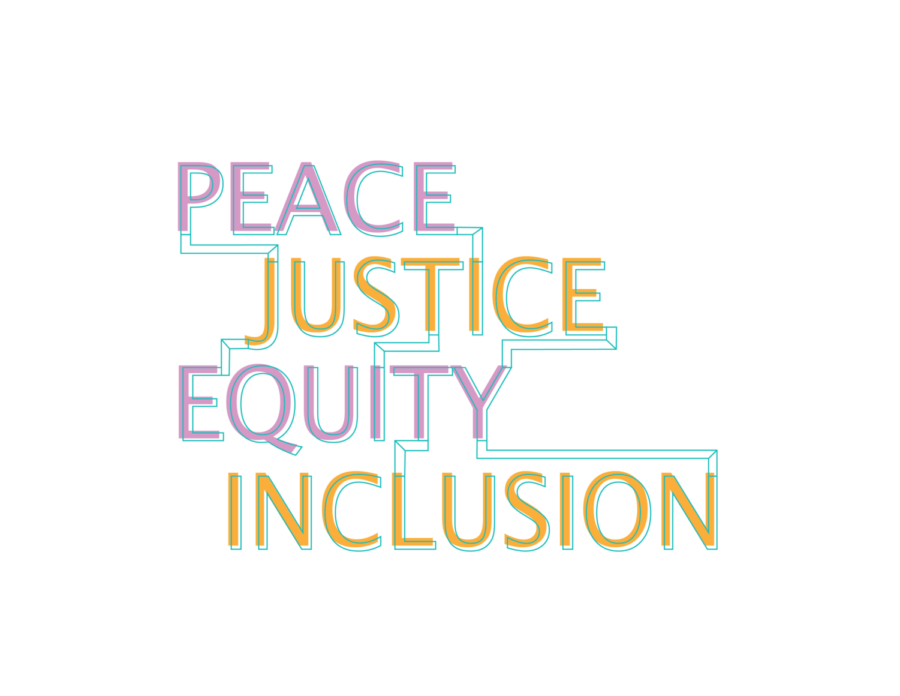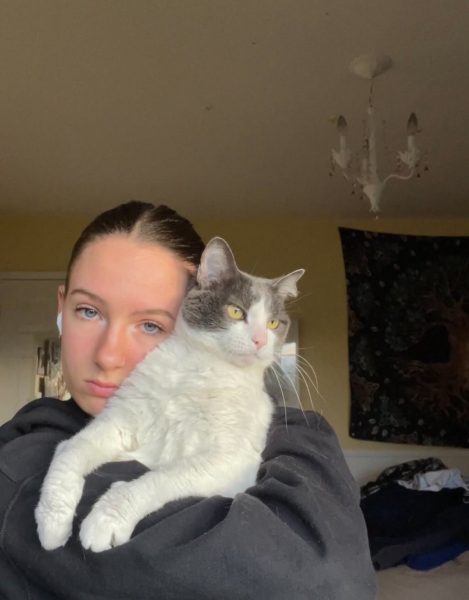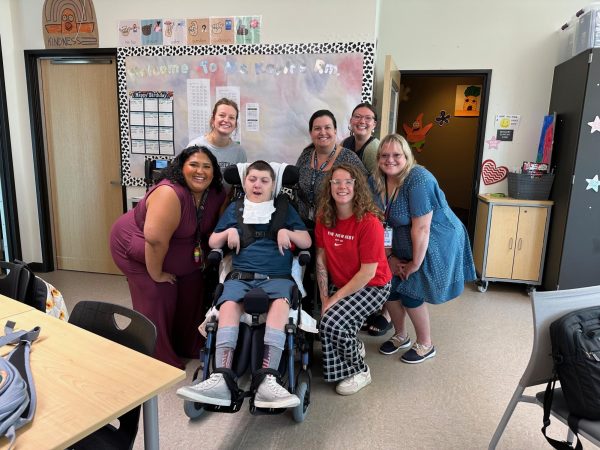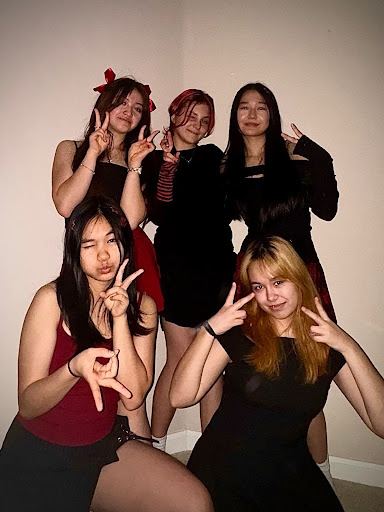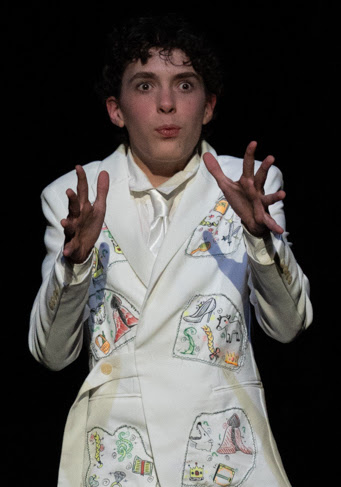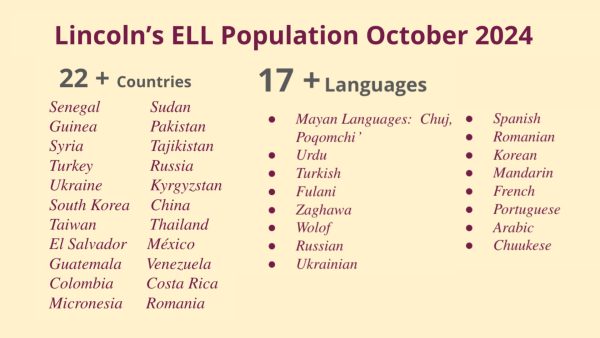Lincoln staff undergoes equity training
Lincoln’s staff has undergone equity training. Principal Peyton Chapman believes it will ensure a better environment for all students.
This year, Lincoln teachers are working harder to focus on student needs and mental health while incorporating peace, justice, equity and inclusion into class curriculums – all in the hope of inspiring students to make the world a better place.
Teachers and other school staff members attended two and a half days of training before the school year started as part of Professional Development (PD). Portland Public Schools requested that they discuss Multi-Tiered Systems of Support (MTSS) and Guaranteed Viable Curriculum (GVC), so Lincoln staff centered their attention on mental health support systems, suicide prevention, trauma-informed care and racial equity.
Although Lincoln has PD every year, teachers this year honed in on these topics and discussed how they would be implemented into lesson planning and learning targets.
The training was “led by teachers for teachers,” explained principal Peyton Chapman. Teachers Chuck Slusher and Rebecca Eisenberg led trainings on the first day, including one on trauma-informed instruction. Teachers including Jessica Mallare-Best and Kim Bliss, led the equity PD.
“We’re really trying to be responsive to our students’ needs,” said Chapman. “So even though we have a 95 percent graduation rate–” one of the highest in our region and in the state, she noted, “–we hear a lot from our students that they’re experiencing unusually high levels of stress and anxiety.”
Chapman explained that staff wanted to focus on how students’ lives affect their experience at school.
“We wanted to take a look at what adverse childhood experiences they might be having, and how we can adjust our teaching and our curriculum to be more trauma-informed and responsive to students’ needs so that everyone can feel able to succeed at Lincoln.”
During their training, teachers discussed “toxic academic cultures” and how much homework is actually necessary. Consequently, many teachers appear more eager to mitigate the amount of homework given outside of class.
“We don’t want to overwhelm students when it’s not necessary,” said Chapman. “You don’t necessarily have to do 20 problems to demonstrate proficiency in that skill, and maybe sometimes by doing less but more student-centered work, it’ll be more inspiring and a better educational opportunity.”
In their training, teachers also discussed the IB program. The workload from IB classes paired with extracurricular activities can often be overwhelming.
“Is IB something that should be more student-centered, open-ended that allows students to be inquirers… discover their own answers and be problem solvers?” Chapman posed. “Not for college admissions, but… because you want to be involved and a critical thinker?”
“To me,” she said, “IB is not a privileged program for college – it’s an equity driver, it’s a mind expander, it opens you to the world.”
The second day of training was centered around peace, justice, equity and inclusion (PJEI), as well as a session led by an organization called Bridge 13, which focused on supporting LGBTQ+ students.
Over the summer teachers attended a training led by the Kroc Institute for Peace Studies, where they discussed peace, justice, equity and inclusion and how they would incorporate them in the new school.
They also brought that training back to Lincoln to teach to their fellow coworkers.
“We spent some time reflecting as we move into this new school [in the future],” said Kim Bliss, IB Coordinator and one of the leaders of the PJEI training, “about how we want to frame that school as a peace and justice school and a school that is concerned with equity.”
Bliss hoped that talking about these topics would inspire action for change.
“The IB mission statement also has this kind of deeper purpose: that we want to create change agents. I think kids are really powerful because they have this amazing gift to be able to see the world the way it is and [say], ‘That’s not the way it has to be and I’m going to change it.’ And we want to produce citizens who recognize their shared guardianship of the planet and their common humanity and are going to make the world a better place.”
Though many teachers are optimistic about the topics discussed in PD, it remains to be seen whether students will see the tangible effects of this training.

